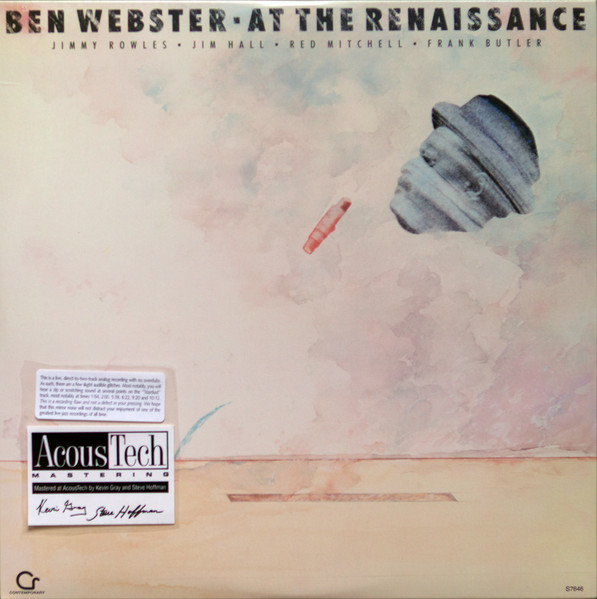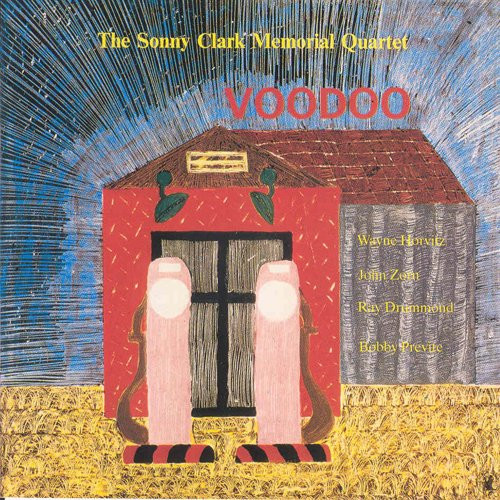One can aim for a “lively” system (one that breathes life into the music, as opposed to one that sounds dull) without aiming for “realism”.You’ll often get posts stating that since our systems can’t equal real that in some way makes moot or obviates the value of aiming for realism. Realism is a challenge but not impossible and greater degrees of realism requires increasing refinement but I do also think the greater we reach into the extremes of frequency the likelihood is the greater complexity in the systems can also then begin to weigh against achieving greater cohesion which is for me one of the fundamental qualities of realism as is a failure in terms of a right tonal balance or in compressing of dynamics also a realism deal breaker for me. I very much believe the expectations that come from different experiences and also the sensitivities to different aspects in sound may shape our desire for realism. Not everyone need want realism I figure. I love it as the thing that holds out the distractions created by artificial aberrations in the sounds but also in facilitating a more immediate and efficient connection to the music and the performance.
A system can sound lively without achieving the scale and loudness of a real performance. You can be fully aware that the presentation is not “real” and enjoy it for what it is. It’s like watching a photography and being amazed by the contrasts and detail knowing that this is never how you see things with your own eyes.
Feeling the musician in the room is “presence” not “realism” and this can be achieved without spending lots of money on high end equiplment.
Also, you don’t need a system that reproduces everything from 20hz up to 20khz to sound lively and enjoyable.










